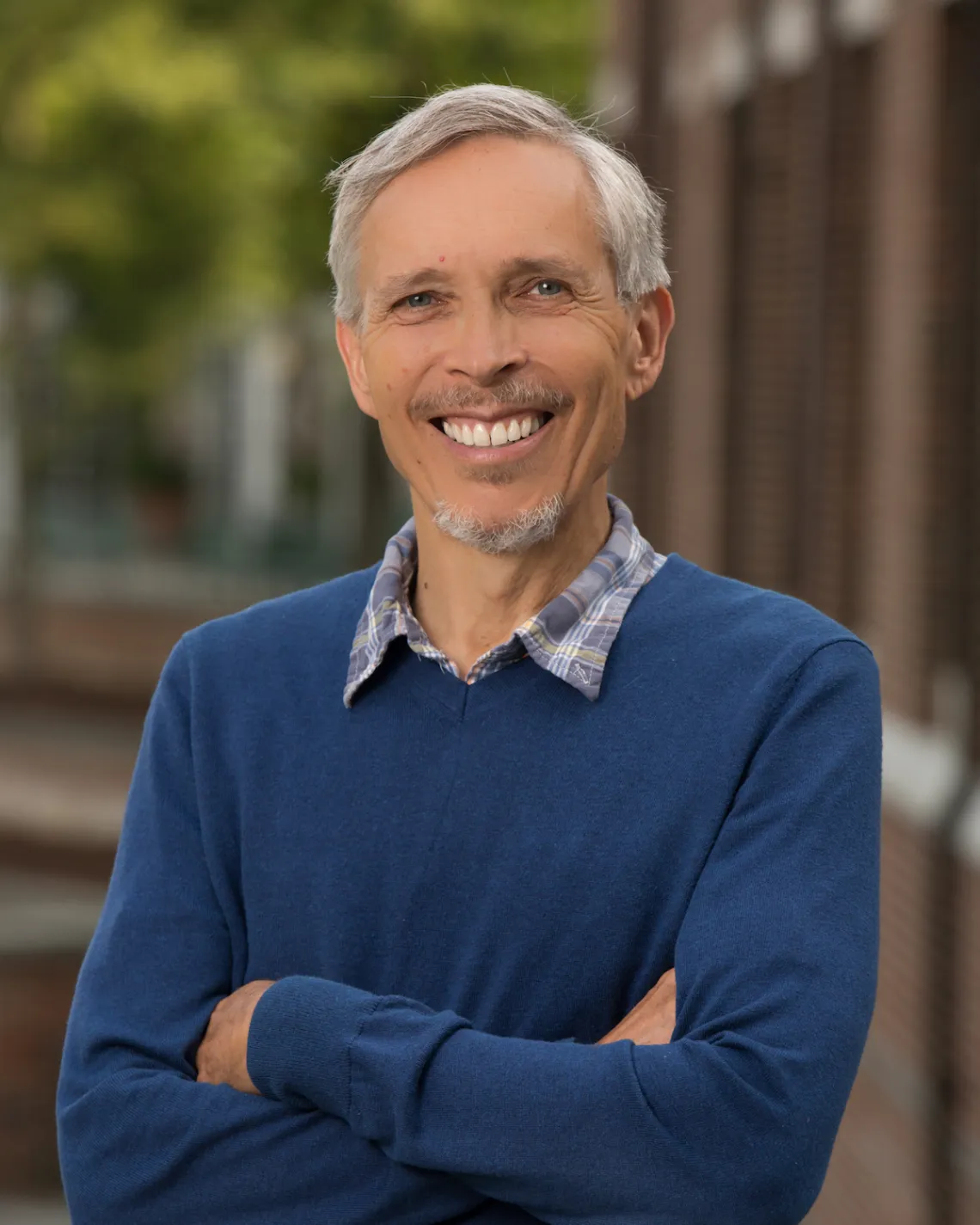
When
In science, it is the best of times, and it is the worst of times. There has been dramatic progress in understanding the universe and the mechanisms of genetics, and advances in computation have benefited all fields of science. Surveys by the National Science Foundation and Pew Research show that 80% or more of the public think that science has been more beneficial than harmful, has made life easier, and has created more opportunities for the next generation. Scientists and their institutions are trusted to act for the public good more than any other group except the military.
On the other hand, public knowledge about science does not match its enthusiasm. The same NSF surveys find that only 15% of American adults are scientifically literate, in the sense of correctly answering 2/3 of a set of simple questions about science and saying what it means to study something scientifically. Superstitious beliefs and susceptibility to pseudoscience are persistently high. The rapid growth of the Internet means reputable sources of scientific information have been diluted by web sites of dubious provenance. Unique among industrialized countries, attitudes to science in the United States are colored by politics, and a substantial fraction of the public question the fact of climate change or evolution, issues where researchers are in near-unanimous agreement.
Combating fake science is an imperative for the scientific community. Civic society can only function when the electorate is well-informed. The recent success of AI in detecting fake news makes application of similar methods for detecting fake science attractive. Legitimate science should be identifiable by its basis in evidence, logic, and verification. To an expert, and hopefully in a machine learning situation, it is distinct from conspiracy theories, ad hoc assertions, and arguments motivated by ideology. Fake science spans all disciplines, but the largest areas for a testbed are creationism, the denial of climate change, and paranormal activity. The talk will lay out the scope of the misinformation crisis in science, talk about a machine learning approach to combat it, and describe the peculiar nexus of culture, politics, and religion that give misinformation such traction in the United States.
Chris Impey
April, 2023
